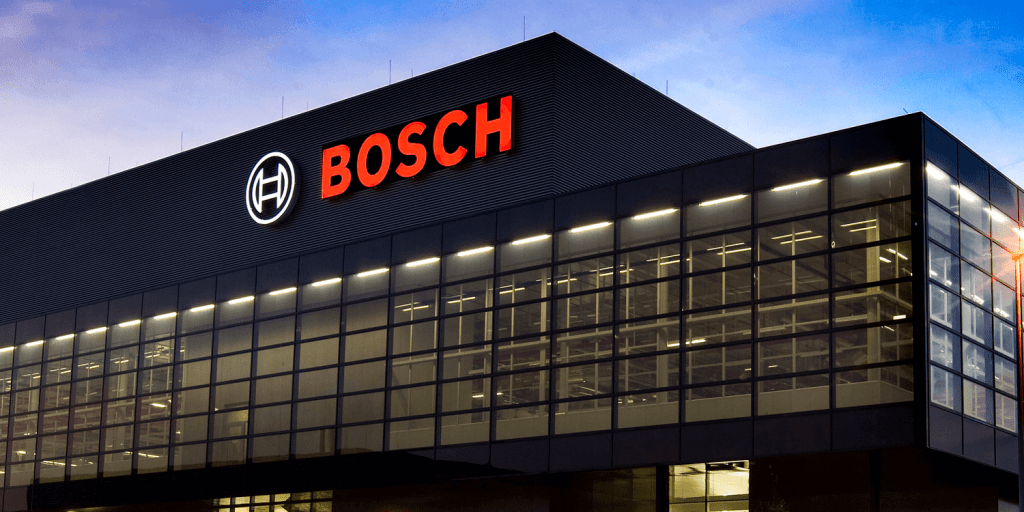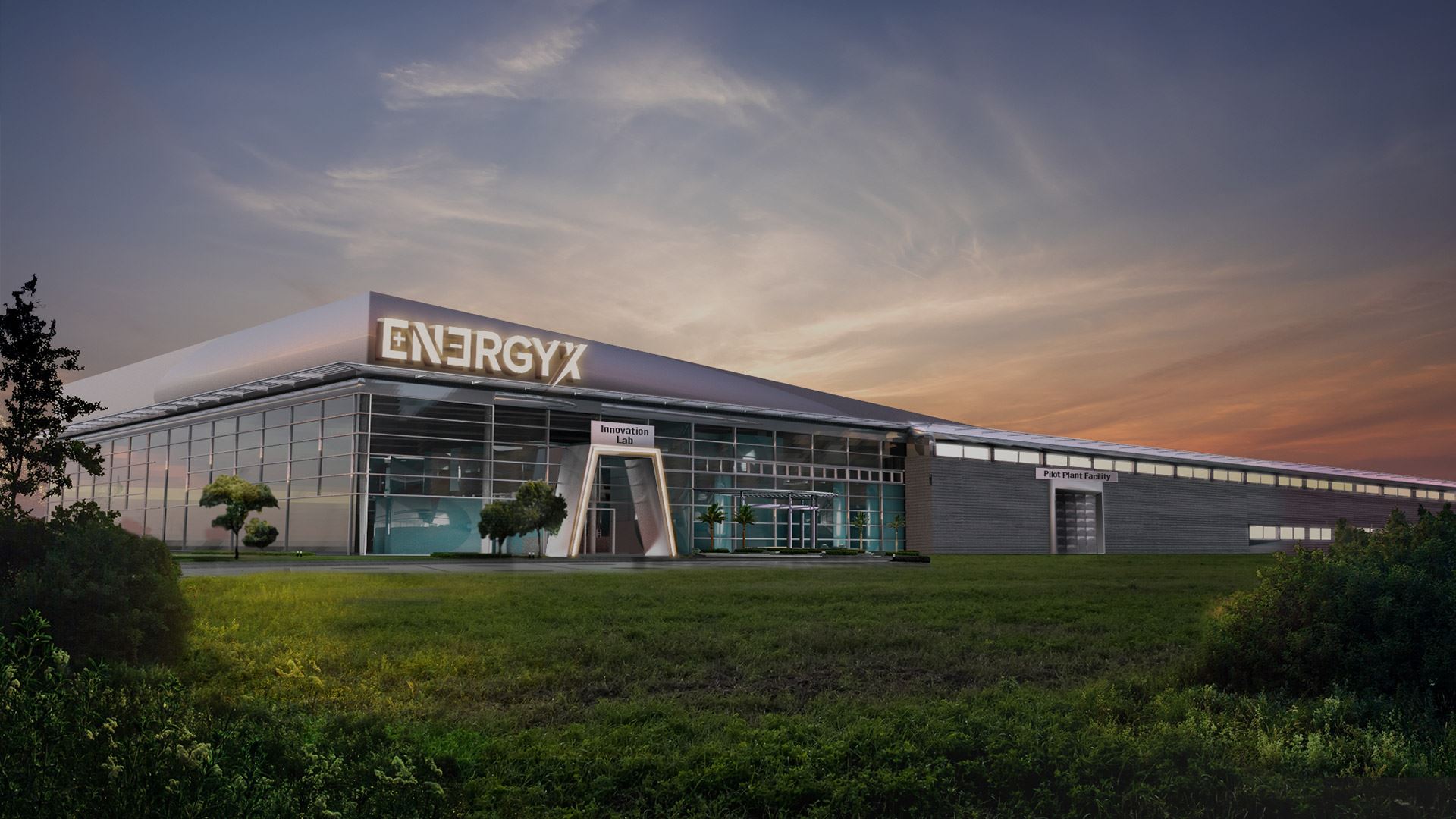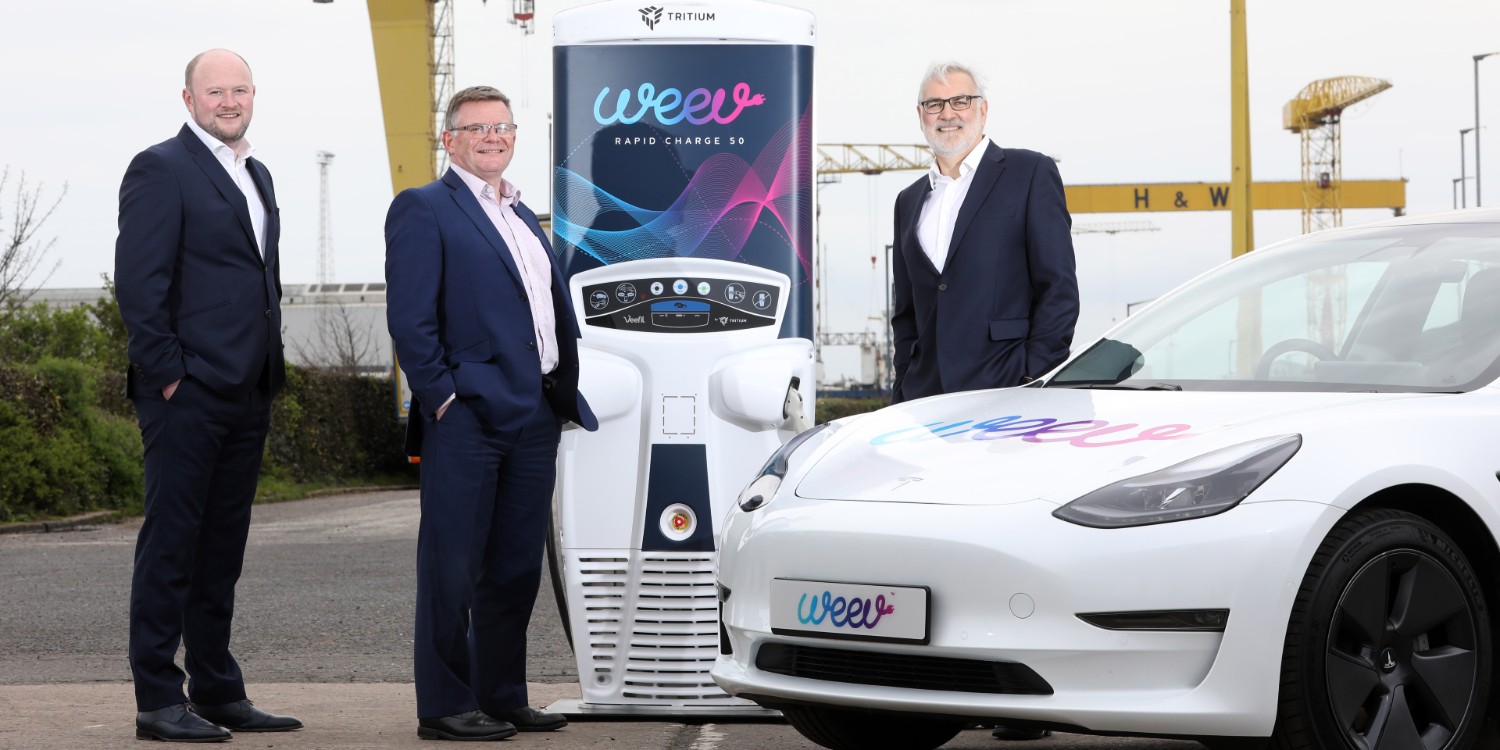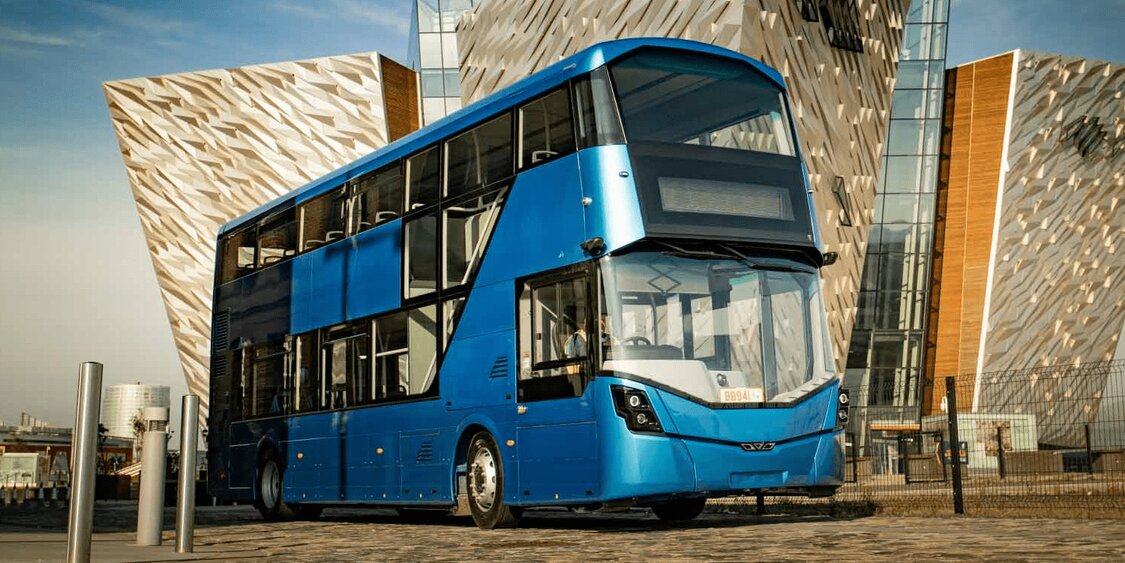The U.S. Commerce Department announced on Friday that it has reached a preliminary agreement with German auto supplier Bosch for up to $225 million in subsidies to support the production of silicon carbide (SiC) power semiconductors in Roseville, California. The funding is part of Bosch’s $1.9 billion investment to transform its manufacturing facility in the city, which will focus on producing SiC chips critical for electric vehicles (EVs) and other industries such as telecommunications and defense.
In addition to the subsidies, Bosch is also being offered approximately $350 million in proposed government loans for the project. The funding comes from the $52.7 billion semiconductor production and research fund authorized in 2022, which aims to boost U.S. production of critical semiconductor technologies. With this investment, Bosch expects to begin producing SiC chips on 200-millimeter wafers in 2026, enhancing the efficiency of EV driving and charging by utilizing less energy.
SiC chips are essential for the automotive industry’s transition to electric vehicles, as well as for improving energy efficiency across various sectors. Bosch’s investment in Roseville is expected to contribute significantly to U.S.-based SiC manufacturing, with the facility potentially accounting for more than 40% of the nation’s SiC device production capacity once fully operational.
The deal follows Bosch’s 2023 acquisition of key assets from California-based TSI Semiconductors, emphasizing the company’s reliance on federal funding to help offset the challenges caused by the global semiconductor shortage, worsened by the COVID-19 pandemic. The Commerce Department previously reached a $750 million preliminary agreement with Wolfspeed for a similar project in North Carolina.
Paul Thomas, president of Bosch in North America, stated that the Roseville investment will support the U.S. electrification efforts by enabling local production of SiC semiconductors. Representative Doris Matsui, a California Democrat, highlighted that the award would help Bosch produce critical components for the advancement of clean mobility and electric vehicles, crucial for the country’s clean energy future.







